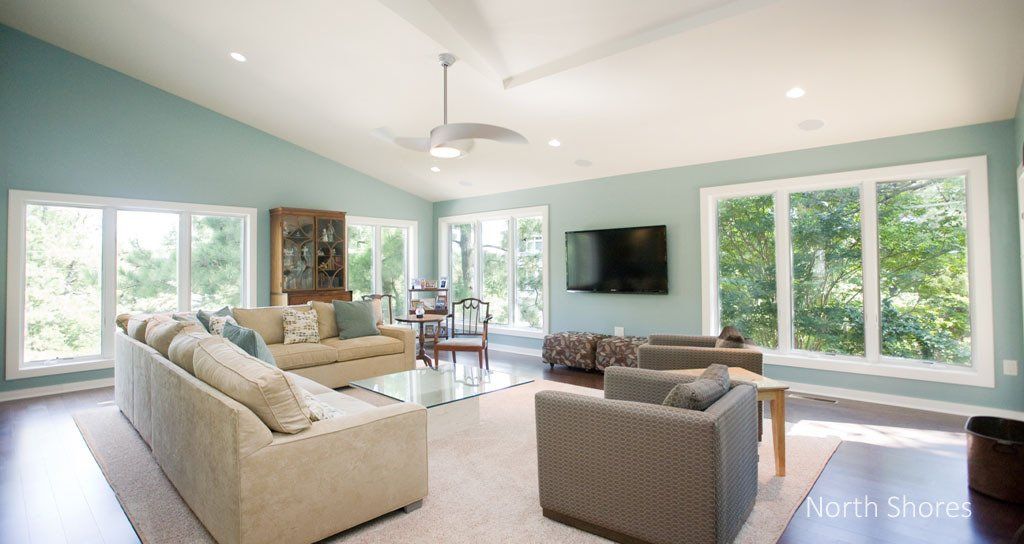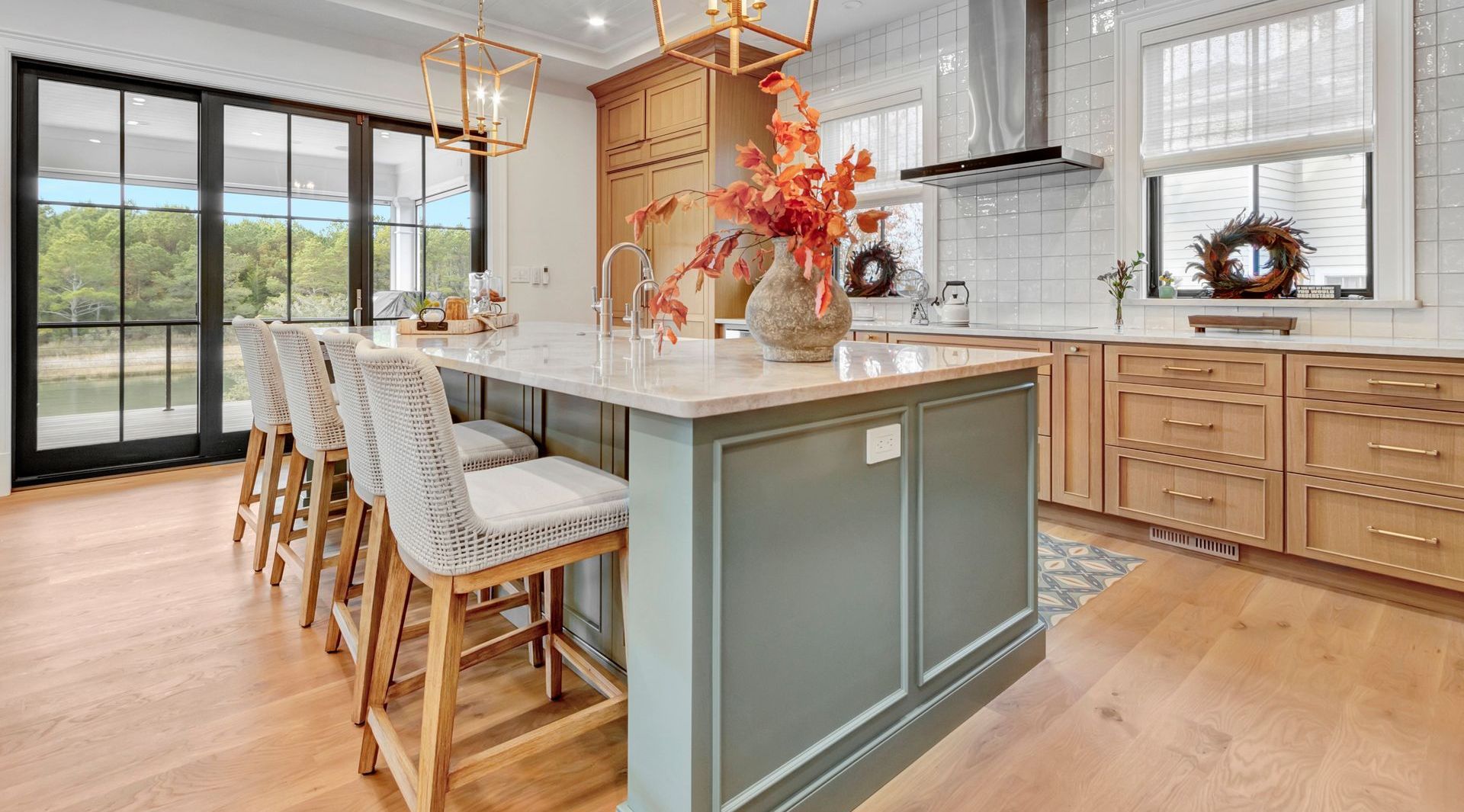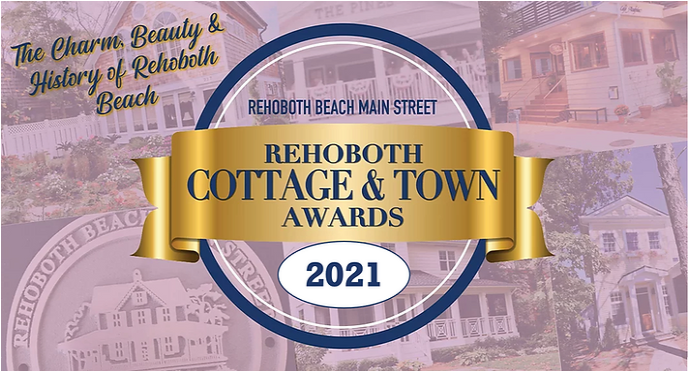What Type of Client Are You?

Successful builders are choosy about the people they work with. Here's why.
It is no secret that not all Delaware homebuilders enjoy an exemplary reputation. But if you go to a builder’s conference you might be surprised to find that the feeling is sometimes mutual! The best business relationships are those where everyone has high standards, both for themselves and for the other parties. This is certainly the case when building a new custom home—a complex, expensive and emotion-laden effort in which the homeowner and builder must collaborate closely for months. Successful outcomes demand mutual trust and confidence.
A smart homeowner will be picky when shopping for a builder and will take the time needed to make the right choice. But it also works the other way. If the builder is a real pro, they will also be evaluating whether the prospective client is a good fit for them, and that's ultimately to your benefit.
Why might a builder choose not to do business with someone? The most tangible reasons are money (the price range the builder works in doesn't match the homeowner's budget) and geography (the home is outside the builder's market area). But intangibles also play a role.
For example, an obsession with “cost per square foot” is a warning sign for a true custom homebuilder. That may be a legitimate metric when comparing similar tract homes from competing builders in the same market, but it's often not that relevant for custom projects.
If you already have a design, it's fair to ask the builder for a rough ballpark—you want to know, for instance, whether construction will be closer to $600,000 or $700,000. Final costs always depend on details, however. A fixation on making the project meet a “cost per-square-foot” that you found on Google will be a red flag, and a sign that it may not be a happy relationship.
Another potential problem is a reluctance to make firm choices. That includes making all necessary design decisions and product selections by the builder's deadlines. Foot dragging by the homeowner will create scheduling conflicts, cost the builder money and put pressure on the relationship.
Then there are quality standards. Professional builders are successful in large part because they do high quality work, and they prefer to work for clients who have high expectations. At the same time, builders usually follow defined quality standards. A running joke among builders is that engineers make the worst clients. They are trained to accept only very small tolerances. That is a great idea for manufacturing an airplane, or even building cabinetry, but creates unnecessary cost during the rough framing stage of a new home.
Interior paint is another example. The quality benchmark of the Painting and Decorating Contractors of America states that you shouldn't be able to see a blemish on the wall under normal light conditions from a certain distance, and most good painters try to exceed that. A builder will try to get a sense of whether a prospective client is likely to scrutinize the paint job with a magnifying glass and be impossible to satisfy.
Successful builders seek out clients whose approach is collaborative rather than adversarial. In fact, both parties should look for reasons they can trust one another.
The tone of this business relationship affects more than the homeowner and builder: it also rolls down to employees and trade contractors. That's one of the biggest reasons pros are choosy about who they work with. The supply of skilled labor isn't enough to meet demand, so it's easy for a worker to leave for another company. And since most contractors pay similar wages, the choice usually comes down to job satisfaction. The best employees and trade partners prefer to work with builders who are fair-minded and loyal, and who provide a positive work environment. In other words, good contractor/client relationships make it easier to retain high-quality workers. And that's very good for the homeowner.
So, don’t be offended if a builder asks a few questions about what makes you tick. They are just trying to find out if both parties will be able to work together successfully. At Turnstone, a successful project is beautiful, high quality, on time, on budget and reasonably profitable for us. Most importantly, both parties complete the process as friends!
This article is inspired by a blog post from Castle Homes of Brentwood , TN















